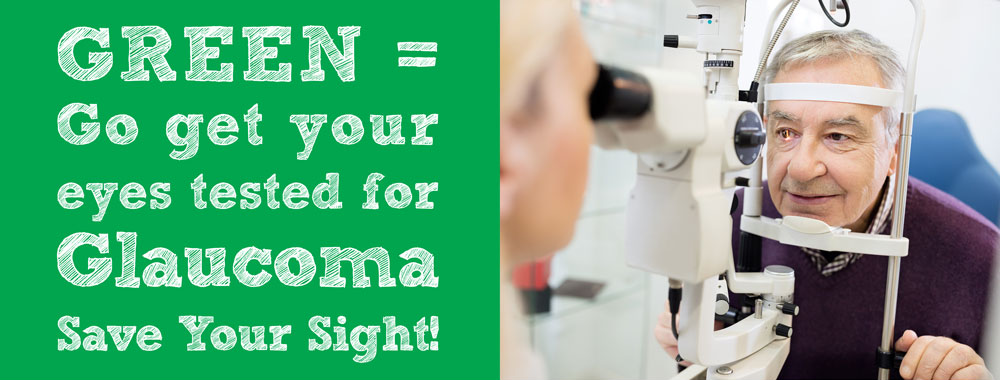The Mass Medical Mission (MMM) says it plans to conduct free eye screening combined with cancer and dental screening for residents within Lagos metropolis.
Dr Abia Nzelu, the Mission’s Executive Secretary, said on Saturday in Lagos that this was to mark the 2020 World Glaucoma Week (WGW).
Nzelu said that the most common cause of blindness globally, was cataract, while the uncorrected refractive error was the most common cause of visual impairment.
READ ALSO :COVID19: Nigeria yet to Access Funding from International Donors-FG
She said in a statement ahead of the 2020 World Glaucoma Week, that blindness from cataract was reversible via surgery, adding that glaucoma was the number one cause of irreversible blindness globally.
“Vision is the most valuable of all human senses, yet every five seconds, one person in the world goes blind and a child goes blind every minute, mainly because most people do not seek out preventive eye care.
“Vision and blindness affect not just the individuals, but also families and communities.
“Globally, the life expectancy of a blind person is 1/3 less than that of their sighted counterparts, and most of them die within 10 years of becoming blind.
“Sadly, 90 per cent of blind people live in developing countries like Nigeria and four out of five blind people are needlessly blind.
“In Africa, the poor and blind live 20 years less than those who are only poor.
“And 60 per cent of children die within two years of becoming blind. In Nigeria, there are currently over one million blind adults over 40 years of age.
“The WGW- usually the second week in March- is dedicated to creating awareness on this silent thief of vision.
“This year (2020) WGW falls between March 8 and March 14, 2020.
“The main objective of this week is to eliminate glaucoma blindness by motivating people to have regular eye check, including optic nerve examination.
“So, to mark the 2020 WGW, all are invited for free eye screening combined with cancer and dental screening on March 11 and March 13, at MMM House, 31 Bode Thomas St., Surulere, Lagos,” she said.
According to her, the main risk factors for the development of glaucoma include high intraocular- eye pressure (although glaucoma can often develop with ‘normal’ intraocular pressure), increasing age, positive family history for glaucoma, ethnicity, shortsightedness and farsightedness.
She added that glaucoma could affect any age group, including newborn babies, but was more common in older adults.
Quoting the International Agency for Prevention of Blindness (IAPB), she said: “There are approximately 80 million people with glaucoma, an increase of about 20 million since 2010 and over 3 million people are blind from the disease.
“The most common type of Glaucoma also occurs earlier and is more severe in blacks than in whites.
“Other risk factors for glaucoma include eye injury, certain types of an eye operation, long-term use of steroid medication, general health problems like diabetes mellitus, migraine, high blood pressure and heart disease, among others.
“Most forms of glaucoma affect both eyes and do not have symptoms in their early stages. However, glaucoma may often complain of frequent change of glasses.
“If untreated, people with glaucoma will slowly lose their peripheral (side) vision but will not notice any change in their vision until the damage is very severe.
“As they progress, people may miss objects to the side and out of the corner of their eyes. They may seem to be looking through a tunnel and eventually, straight-ahead (central) vision may decrease until no vision remains.’’
According to her, though it may not be preventable, blindness is irreversible.
“The good news is that visual loss can be prevented by adhering to the following steps which include: regular exercise, comprehensive eye screening at four years intervals, drug alert, daily eating of vegetables and coloured fruits and early intervention.
“Glaucoma can be treated using medications (eye drops or tablets), laser, conventional surgery or a combination of these. Treatment and monitoring of glaucoma are life-long.
“This is particularly important given the fact that while glaucoma treatment may save the remaining vision, it does not improve sight already lost from the disease.
“As a result, patients that are not enlightened and motivated may tend to discontinue their treatment and end up going blind. Sadly, this is a very common situation in our society,’’ she said.
Nzelu also explained that Glaucomaics needed to take their medications exactly as prescribed by the ophthalmic surgeon (ophthalmologist).
“It is also noteworthy that unlike cataract surgery, glaucoma surgery is better done early rather than later as surgery does not improve vision that is already lost.
“Hence, test for glasses cannot diagnose glaucoma and the use of glasses cannot prevent glaucoma blindness,” Nzelu said.

